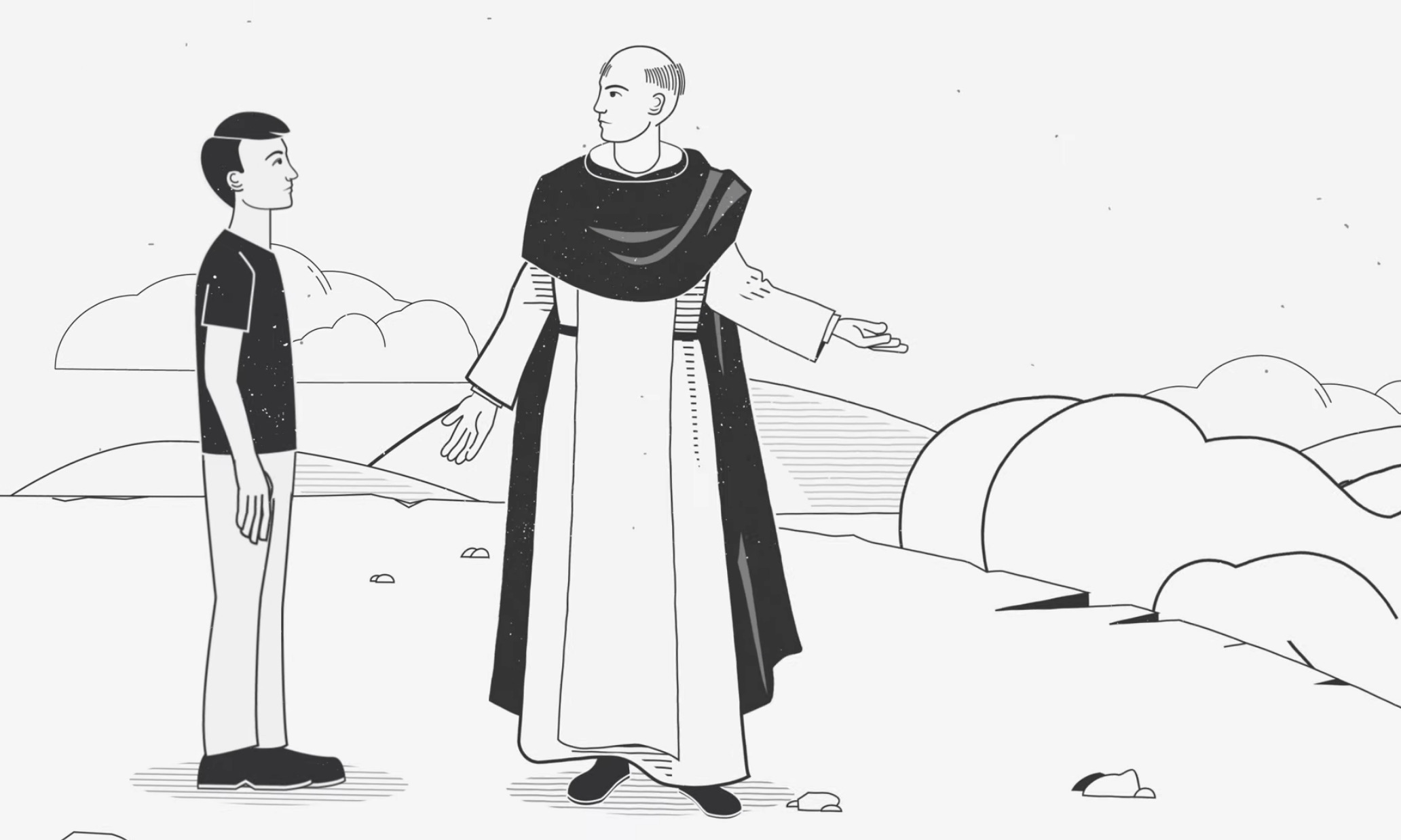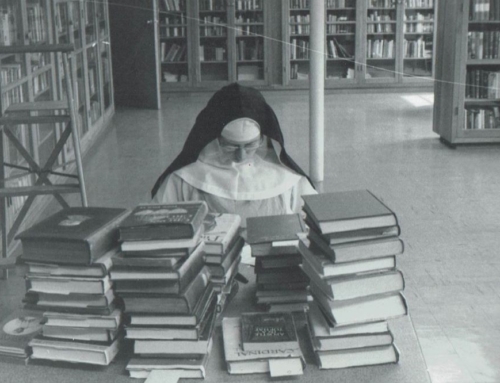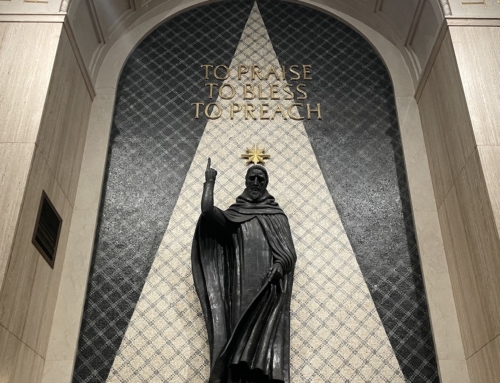The Greek philosopher Aristotle famously opens one of his most important works with the line, “all men by nature desire to know.” Saint Paul one-ups him when he says that God “desires all men to be saved and to come to knowledge of the truth” (1 Tim 2:4). In a world rife with skepticism and relativism, these two lines lead us to a crucial conclusion: mankind is made to know truth, and he has both nature and grace on his side.
Still, we have our challenges. Original sin is real and actually hampers our minds. Moreover, our culture confronts us daily with the gamut of contradicting claims about life’s biggest questions. Such an array of answers preached by all kinds of authorities—advertising, social media, pop culture, self-help/spiritual gurus, etc.—makes it easy enough to become cynical like Pontius Pilate, who looked the Truth himself in the face and scoffed, “What is truth?” (Jn 18:38).
Sadly enough, many Catholics have grown skeptical, made the Pontian move, and left the Church. The statistics are notorious and need not be repeated. The bottom line is that the Church is hemorrhaging, and mostly because Catholics increasingly believe that Christian doctrine doesn’t hold water in the face of the accomplishments of science, the comforts of technology, and the rapid changes in social moral standards.
Though the circumstances seem dire, nature and grace are not fairweather friends. They remain always on our side, and so hope springs eternal. The key, then, in this veridically fragmented age is to “hold fast to sound teaching” (2 Tim 1:13, cf. Jn 8:31). But “how can I, unless someone guides me” (Acts 8:31)?
Like the Ethiopian eunuch of Acts, we all need a teacher suited to our situation. The Thomistic Institute, a thriving apostolate based here at the Dominican House of Studies in Washington, has for its mission the promotion of just such a teacher. And recently, it launched Aquinas101, a free online video course on the life and thought of our older Dominican brother, St. Thomas Aquinas. Why St. Thomas Aquinas, you might wonder? And why enroll in a video course when your to-do list is already chock full?
The answer is simple: because it really matters how and what we think. If the Church’s teachings do not hold water against the progress of science, technology, and morality, then we should leave the Church, for the truth would lie elsewhere. But since Catholics profess that the fullness of the truth does in fact subsist in the Catholic Church, we ought to know how and why—to put on the “mind of Christ” (1 Cor 2:16) and genuinely think and live like Catholics.
Saint Thomas is the lodestar of the great Catholic (and Western) intellectual tradition. To be sure, there are others in the tradition who also teach with the “soundness” that St. Paul acclaims—but St. Thomas’s teaching possesses a singular clarity, depth, and breadth that illumines answers to the particular problems of any age with the light of a perennial wisdom, for which the Church has named him “the common doctor.” His work joins philosophy and theology, faith and reason, non-Christian and Christian sources into a unified, ascending pursuit of truth—that Truth for which mankind is made to know, by which he is set free, and at which he will lovingly gaze for all eternity in heaven. Above all, studying the sacred truth revealed by God is sanctifying, to which St. Thomas’s own life beautifully testifies. Since we cannot love what we do not know, we cannot fulfill our supreme calling to love the Lord of life if we do not know him. That knowledge first comes through faith, but it sure is deepened through theological study.
Ultimately, Aquinas101 is worthwhile because it synthesizes the monumental wisdom of St. Thomas in a way that is accessible, suited to the rhythm of your schedule, and will lead you closer to God. The module sends two videos to your inbox each week for 43 weeks, with additional resources included. After some ten months, you’ll be equipped to engage with St. Thomas on his own terms, to understand the fundamental principles of his thought, and to assess contemporary intellectual and cultural challenges to the Catholic faith from a thoroughly Catholic perspective. Even more, you will be happier, for true happiness consists in knowing and living in the Truth who is Love, by whom and for whom we exist.
✠
Image: Screenshot from “Welcome to Aquinas 101” (used with permission)







